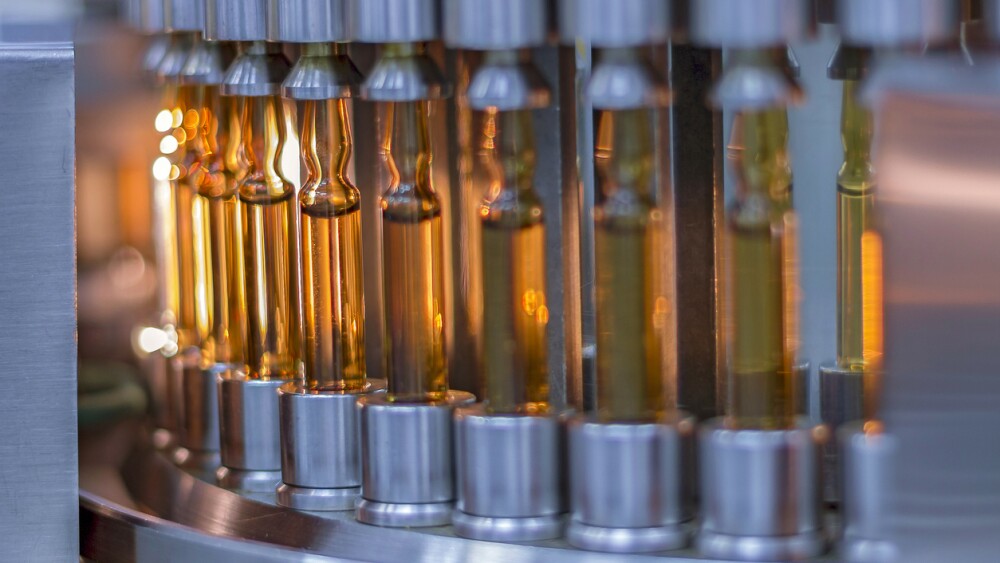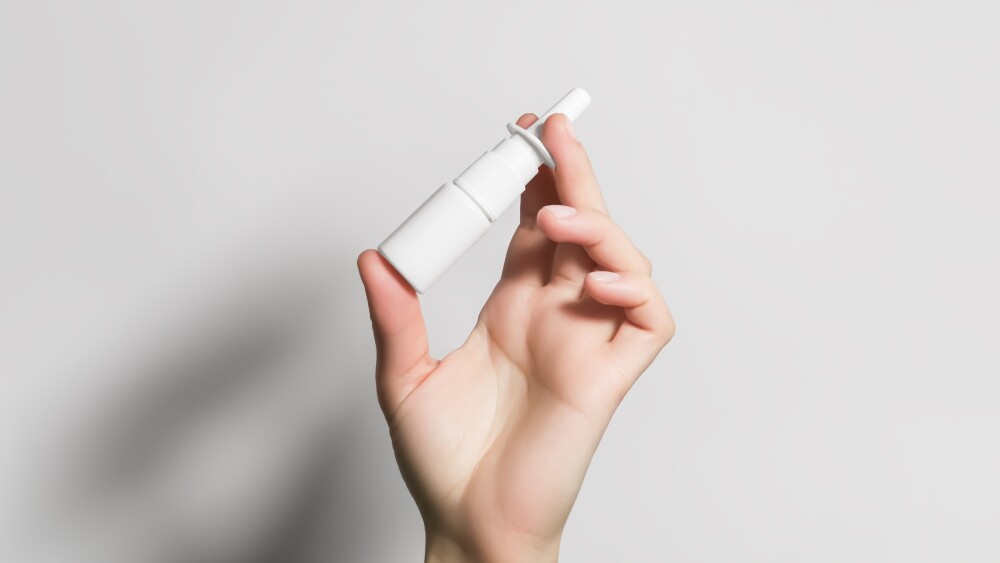On April 23, the FDA’s arthritis advisory committee will take another look at Eli Lilly’s re-submission for their moderate-to-severe rheumatoid arthritis drug.
In April 2017, the U.S. Food and Drug Administration (FDA) issued a complete response letter (CRL) for Eli Lilly and Company and Incyte Corporation’s baricitinib for moderate-to-severe rheumatoid arthritis (RA). The regulatory agency was calling for more clinical data to determine the most appropriate doses, as well as to clarify safety concerns. Lilly disagreed with the FDA, arguing that the agency’s concerns about thromboembolic events, blood clots, in two of seven trials, were not unusual or aberrant.
On April 23, the FDA’s arthritis advisory committee will take another look at the companies’ re-submission. John Carroll, with Endpoints News, writes, “In a different regime, that would likely have left baricitinib hanging, waiting years for new trial data to satisfy the FDA. But instead Scott Gottlieb was dispatched to the FDA soon after as the new commissioner, and Lilly was one of three companies that swiftly earned a new review after the FDA dropped their study demands. (The other two were TherapeuticsMD, Inc. and Amicus Therapeutics, Inc..)”
In August 2017, Lilly and Incyte said that, after discussions with the FDA, they would resubmit the NDA before the end of January 2018. That resubmission package would include new safety and efficacy data, which would trigger a six-month Class II resubmission period.
At the time, Christi Shaw, president of Lilly Bio-Medicines, said in a statement, “We are committed to making life better for people living with RA. There is a significant unmet need for Americans suffering from this debilitating disease in spite of available therapies. We are pleased with the opportunity to provide our resubmission package for baricitinib sooner than anticipated and look forward to continuing to work with the FDA as we seek to bring baricitinib to people with RA in the U.S.”
Baricitinib is a once-daily oral JAK inhibitor. Four known JAK enzymes, JAK1, JAK2, JAK3 and TYK2 have been implicated in a number of inflammatory and autoimmune diseases.
Lilly and Incyte signed an exclusive worldwide license and collaboration deal in 2009 for baricitinib and certain follow-on compounds. The drug was submitted for review for RA in the U.S., EU and Japan in 2016. It was approved in the EU in February 2017 and in Japan in July 2017. The drug is also being studied for atopic dermatitis and systemic lupus erythematosus, and Lilly expects to begin evaluating it in psoriatic arthritis this year.
At one point, analysts projected baricitinib would bring in $2 billion annually in peak sales, but Carroll notes those numbers may have changed given the overall competition in the field. One of those competitors is Pfizer Inc.’s JAK inhibitor Xeljanz (itofacitinib), which brought in $587 million in the first six months of 2017. Others in development include Gilead Sciences, Inc.’ filgotinib and AbbVie’s upadacitinib.
Pfizer’s Xeljanz reportedly has not had problems with thrombosis, and if baricitinib’s updated data continues to have thrombotic events as an issue, it could still have problems with approval or be approved and struggle to compete with Xeljanz.
The refiling apparently included two doses of baricitinib, 2mg and 4mg. Back in August, Josh Schimmer, an analyst with Evercore ISI, wrote in a research note, “One important thing to watch is whether the higher 4mg dose gets approved; it looks like it has slightly better efficacy than the 2mg baricitinib dose and potentially slightly more efficacy than Xeljanz. If that’s the case, then there could be switching off Xeljanz to baricitinib (and ultimately other JAK inhibitors too).”





